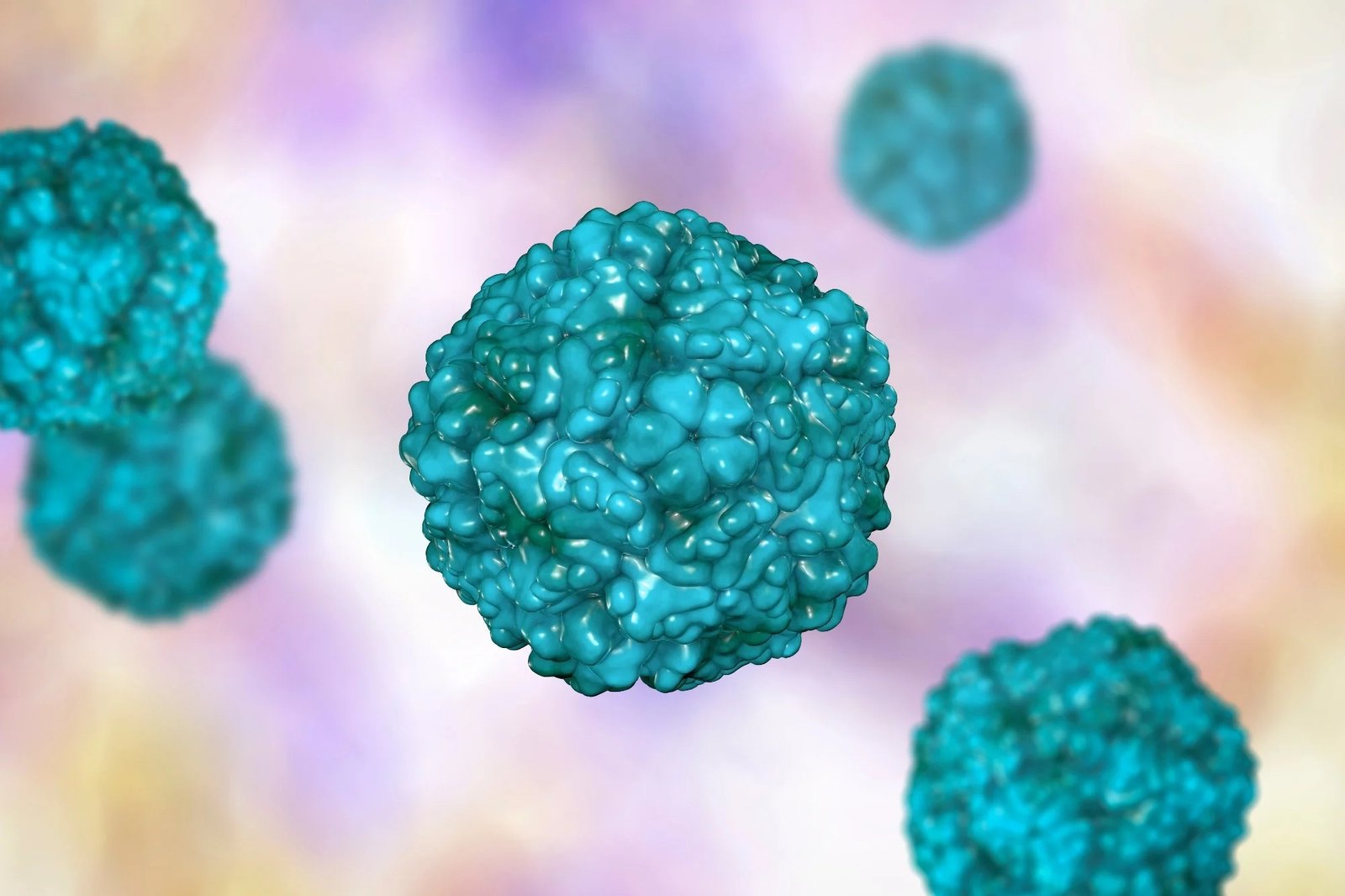The gut microbiota, also known as the intestinal flora or gut microbiome, refers to the vast community of microorganisms residing in our gastrointestinal tract. These microorganisms—comprising bacteria, viruses, fungi, and other microbes—play a pivotal role in maintaining various aspects of our health, from digestion to immune function. The importance of gut microbiota cannot be overstated, as its balance directly influences overall well-being.
The Importance of a Healthy Gut Microbiome
The gut microbiota serves as a mediator between our diet, immune system, and metabolism. A healthy and diverse microbial community is essential for nutrient absorption and the production of vitamins, such as vitamin K and certain B vitamins. In addition, gut microbes produce short-chain fatty acids (SCFAs) by fermenting dietary fiber, which are vital for colon health and play a role in regulating inflammation.
Moreover, the microbiota influences the development of the immune system, helping the body distinguish between harmful pathogens and benign substances. Research shows that an imbalanced gut microbiome, known as dysbiosis, can lead to various health problems, such as inflammatory bowel disease, obesity, diabetes, and even mental health disorders like depression and anxiety.
Gut Microbiota and the Immune System
Approximately 70% of the body’s immune cells are located in the gut, making the microbiota a critical component of immune defense. Beneficial bacteria stimulate immune cells and help protect against harmful pathogens. Dysbiosis, on the other hand, can lead to immune system malfunctions, contributing to chronic inflammation, allergies, and autoimmune diseases.
The Gut-Brain Axis
One of the most exciting areas of research in recent years is the gut-brain axis, the communication network linking the gastrointestinal tract and the brain. Gut microbes produce neurotransmitters, such as serotonin, which plays a major role in mood regulation. Emerging evidence suggests that an unhealthy gut may contribute to mental health disorders, including depression and anxiety.
Strategies to Improve Gut Health
- Balanced Diet: Consuming a diet rich in fruits, vegetables, whole grains, and fermented foods helps nurture beneficial bacteria.
- Probiotics and Prebiotics: Probiotics are live beneficial bacteria, while prebiotics are dietary fibers that feed these bacteria. Together, they support a healthy gut flora.
- Reduced Use of Antibiotics: While antibiotics are essential for treating bacterial infections, overuse can deplete beneficial gut bacteria and should be used cautiously.
Conclusion
The gut microbiota is more than just a collection of microorganisms; it’s a complex, dynamic system that profoundly affects human health. As scientific understanding of the gut microbiome grows, so does the potential for new treatments for a wide range of diseases. Maintaining a balanced and diverse microbiota through a healthy diet, probiotics, and lifestyle adjustments is crucial for long-term health.
Scientific Sources
- NIH Gut Microbiota Research – NIH
- The Gut-Brain Axis and Mental Health – PubMed Central
- Gut Microbiota and Immune Function – Journal of Immunology Research




